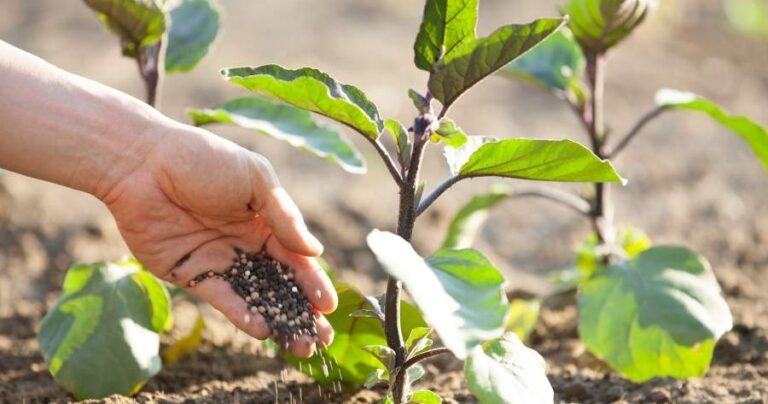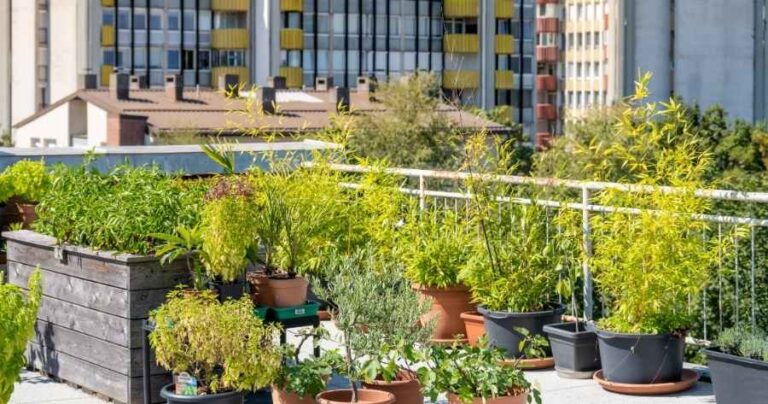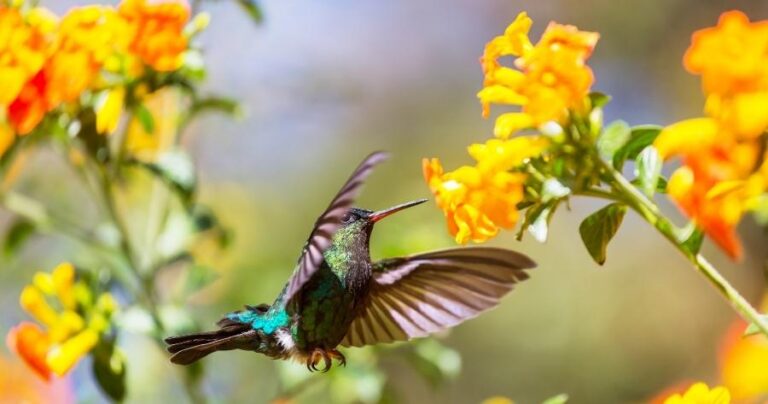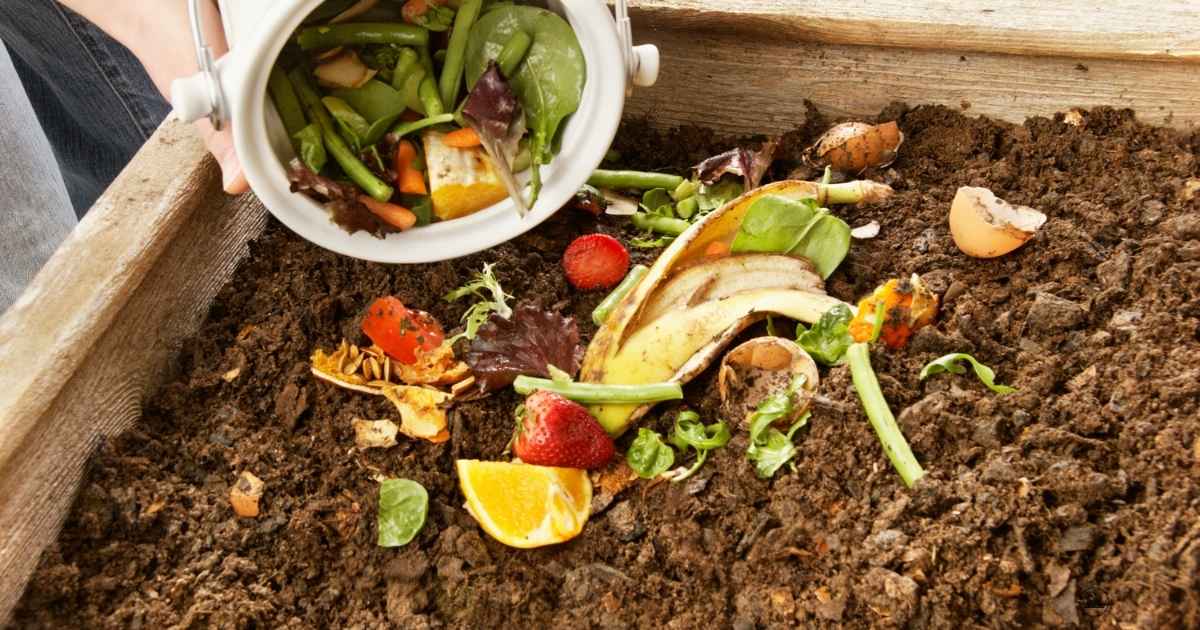
Why Organic Gardening?
In today’s world, where chemically grown food and environmental concerns dominate headlines, organic gardening is more than a trend, it’s a revolution. Whether you’re aiming to grow your own food, reduce toxins in your home, or live more sustainably, organic gardening is the path to a healthier lifestyle.
This ultimate guide to organic gardening breaks down everything you need to know, no fluff, no jargon, just nature-powered know-how.
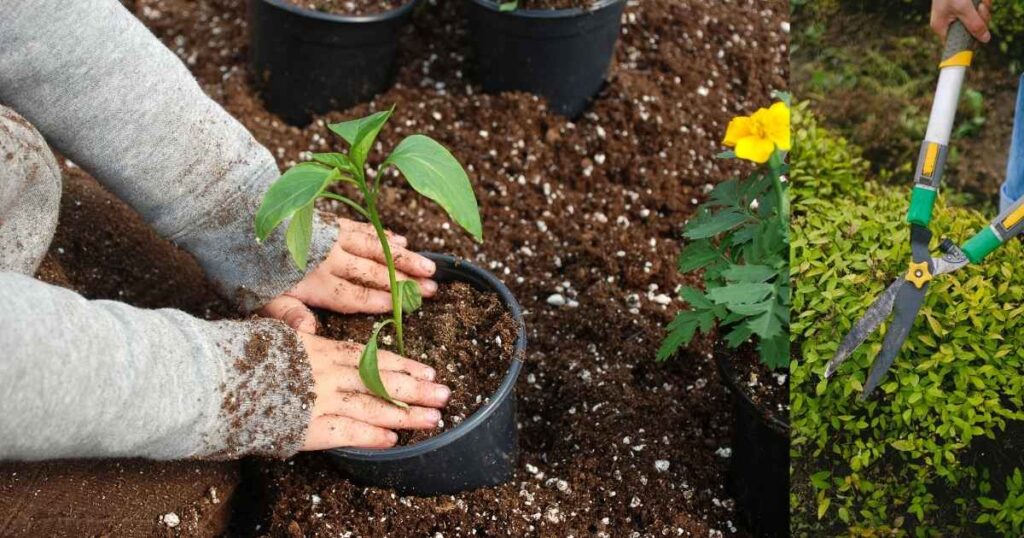
What Is Organic Gardening?
Organic gardening is the method of growing plants especially food without using synthetic chemicals, fertilizers, or genetically modified organisms (GMOs). Instead, it relies on natural processes, biological diversity, and eco-friendly practices to cultivate healthy soil and resilient plants.
Key principles include:
- Building and maintaining healthy, living soil
- Encouraging natural pest predators
- Composting and recycling organic waste
- Avoiding synthetic pesticides and fertilizers
- Supporting biodiversity
Organic gardening mimics nature’s processes and nurtures your environment instead of depleting it.
Planning Your Organic Garden
Every successful garden begins with a plan especially an organic one.
1. Choose Your Garden Location
- Full sunlight (6–8 hours/day) is best for most vegetables
- Ensure good drainage
- Easy access to water
2. What to Grow
Pick plants based on:
- Your climate and zone (use the USDA Hardiness Zone Map or your regional equivalent)
- What you and your family will actually eat
- Companion planting benefits (more on this later)
3. Start Small
New to gardening? A few raised beds or containers are perfect to learn without being overwhelmed.
Building Healthy Organic Soil
The soil is the soul of your organic garden.
What Makes Soil Organic?
- Rich in organic matter like compost, mulch, and worm castings
- Alive with microorganisms, fungi, and earthworms
- Balanced in nutrients and pH
How to Improve Your Soil Naturally:
- Add compost regularly
- Use cover crops like clover to add nitrogen
- Apply leaf mold, aged manure, or kelp meal
- Test your soil and adjust with natural amendments (e.g., lime, bone meal)
Never leave soil bare. Cover it with mulch, plants, or compost to prevent erosion and retain moisture.
Composting—Nature’s Gold
Compost is decayed organic matter, and it’s the heart of organic gardening.
How to Start a Compost Pile:
- Use a bin or create a pile directly on the ground
- Mix greens (vegetable scraps, coffee grounds) with browns (leaves, straw, cardboard)
- Keep it moist like a wrung-out sponge
- Turn it weekly to speed up decomposition
What You Can Compost:
Vegetable scraps, fruit peels, coffee grounds, eggshells, leaves, paper towels
Use finished compost in planting beds, containers, or as a top-dress mulch.
Natural Pest and Disease Control
Forget toxic sprays. Organic gardening protects plants by strengthening their environment and using natural pest control.
Integrated Pest Management (IPM):
- Prevention – Healthy soil and resistant plant varieties
- Observation – Check for early signs of problems
- Physical Barriers – Row covers, netting, copper tape
- Biological Control – Attract beneficial insects (ladybugs, lacewings, praying mantis)
- Natural Sprays – Neem oil, garlic spray, insecticidal soap
Companion Planting:
Certain plants repel pests or attract beneficial insects when planted together.
Examples:
- Basil near tomatoes (repels flies, improves flavor)
- Marigolds around veggies (repels nematodes and beetles)
- Garlic near roses (deters aphids)
Organic Seeds & Seedlings
Not all seeds are created equal. Look for certified organic seeds or heirloom varieties that are:
- Non-GMO
- Open-pollinated
- Adapted to local climates
Start seeds indoors 6–8 weeks before your last frost or sow directly outdoors depending on the crop.
Use peat-free potting mix and biodegradable pots if possible.
Watering the Organic Way
Efficient watering means healthy plants and less waste.
Tips for Watering Organically:
- Water deeply and less frequently to encourage strong roots
- Use drip irrigation or soaker hoses to minimize evaporation
- Mulch heavily to retain moisture
- Water early in the morning or late afternoon
Avoid overhead watering to reduce fungal issues.
Organic Fertilizers & Soil Amendments
Skip the synthetic fertilizers. Organic gardens thrive on slow-release, natural nutrients.
Best Organic Fertilizers:
- Compost – balances nutrients
- Worm castings – excellent for seedlings
- Fish emulsion – boosts leafy growth
- Bone meal – adds phosphorus for flowers/fruits
- Seaweed/Kelp meal – minerals and growth hormones
- Blood meal – high nitrogen for leafy greens
Use fertilizers as a supplement, not a crutch. Feed the soil, not just the plants.
Growing Your Organic Garden Season by Season
Spring:
- Start cool-season crops: lettuce, peas, spinach
- Transplant tomatoes, peppers, and herbs indoors
Summer:
- Maintain mulch, water consistently
- Plant beans, squash, cucumbers, corn
- Monitor pests daily
Fall:
- Grow brassicas: kale, broccoli, cabbage
- Sow cover crops (e.g., crimson clover, ryegrass)
- Harvest and store your summer bounty
Winter (in warmer climates or with cold frames):
- Grow root crops and hardy greens
- Build new compost piles
- Plan next season’s layout
Tools & Supplies for Organic Gardening
You don’t need a shed full of tools, just the basics.
Essential Organic Gardening Tools:
- Hand trowel and fork
- Watering can or hose with a gentle spray
- Compost bin or tumbler
- Pruning shears
- Garden gloves (organic cotton if possible)
- Soil thermometer
- Mulch (straw, bark, leaves)
Invest in quality, durable tools to reduce waste and save money long-term.
Sustainability in Organic Gardening
Organic gardening and sustainability go hand-in-hand. Here’s how to make your garden even more eco-friendly:
- Save seeds from heirloom plants
- Collect rainwater in barrels
- Reuse containers, pallets, and garden waste
- Plant native species and pollinator-friendly flowers
- Avoid peat-based products (peat is not sustainable)
Your garden can become a carbon sink, a small but powerful tool in fighting climate change.
Conclusion
Organic gardening isn’t just a way to grow food—it’s a lifestyle. A commitment to sustainability, health, and nature. Whether you’re working with a backyard, balcony, or community plot, every organic garden contributes to a healthier planet.
Start small. Start today. Your future self (and the earth) will thank you.
FAQs About Organic Gardening
Is organic gardening really better for the environment?
Yes. It reduces chemical runoff, promotes soil biodiversity, and supports pollinators and local ecosystems.
How can I tell if my compost is ready?
Finished compost is dark, crumbly, and smells earthy. You shouldn’t see recognizable food scraps.
What’s the difference between organic and non-GMO?
Non-GMO just means the seed isn’t genetically modified. Organic means no synthetic pesticides, herbicides, or fertilizers were used.
Can I grow organically in containers or raised beds?
Absolutely. Just make sure to use organic soil mixes and avoid treated lumber in your bed construction.
How do I keep weeds down in an organic garden?
Use mulch, hand weeding, and dense plantings to shade out unwanted weeds
